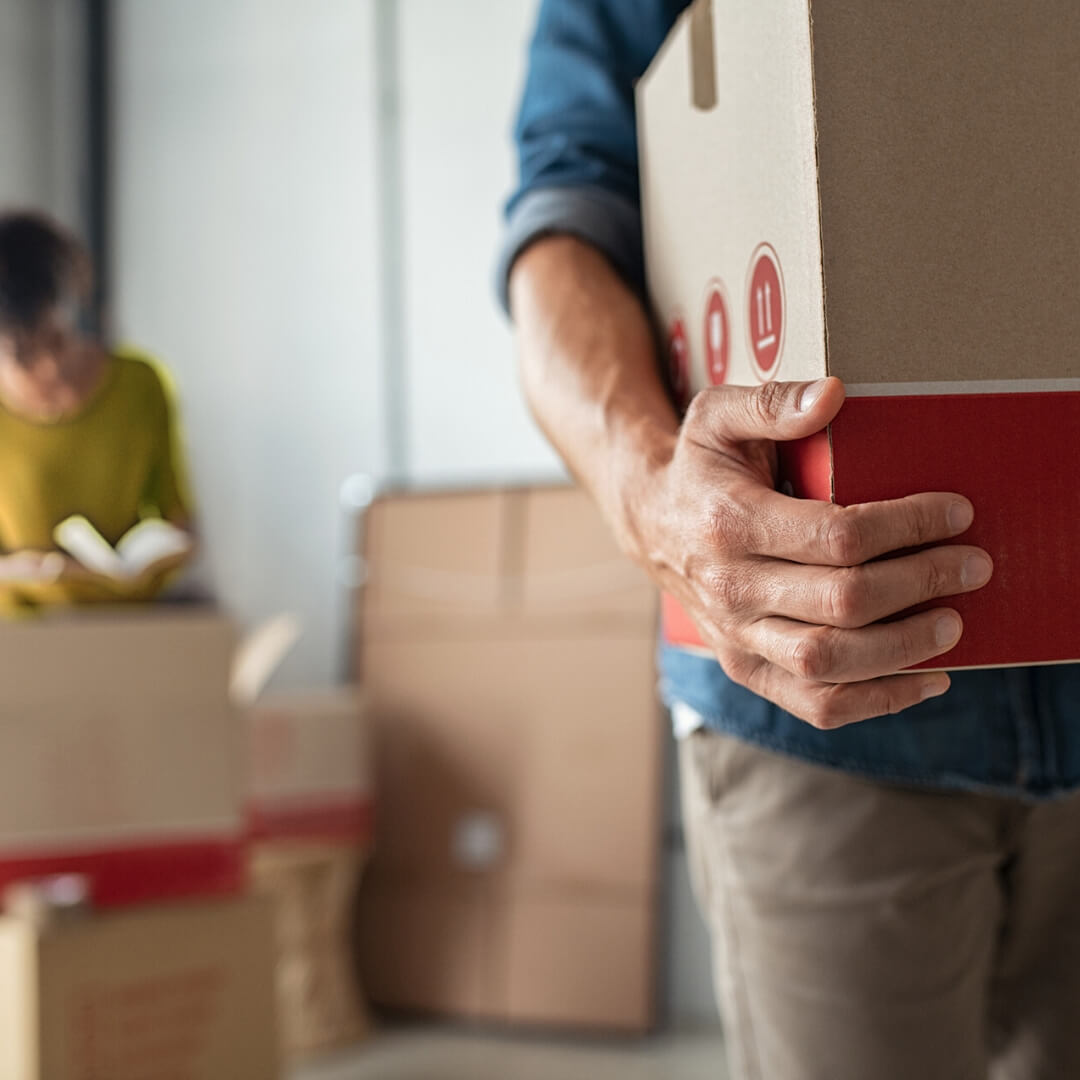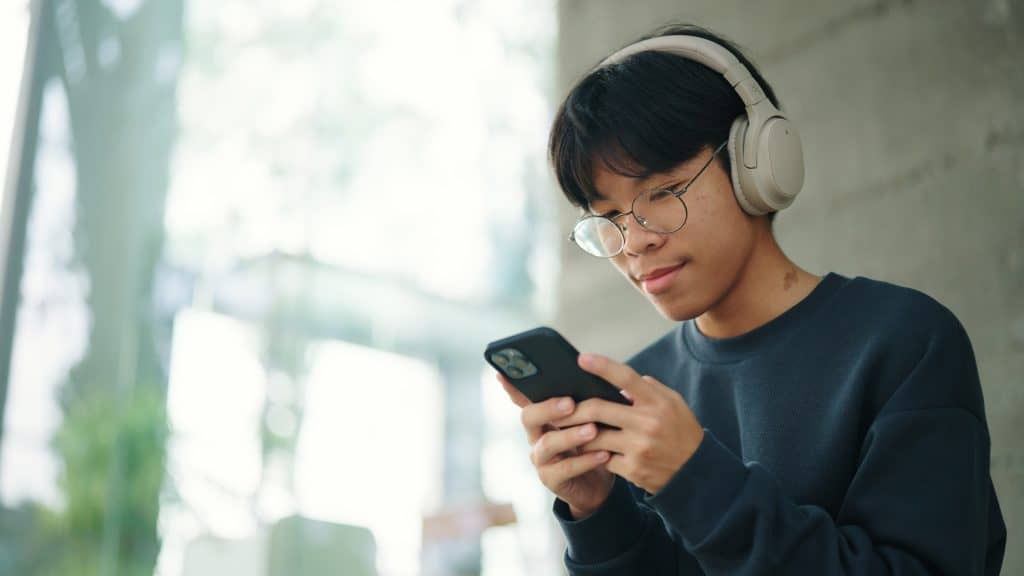Updated as of June, 2020.
In spite of the current trend for kids to live with their parents long past their 18th birthday, we all need to realize our kids won’t live with us forever. We hope. So, what implications does this have on our responsibilities for parenting on sexual purity?
We should be our children’s first accountability partners. Hopefully starting before puberty, we begin to have very regular conversations about healthy sexuality, including avoiding fantasy and pornography. But then what?
Do we push them out the door at age 18 and wish them good luck? Hope that the conversations we had will be enough to protect them through their 20’s, when they are living without supervision and their hormones are anything but dormant? That seems more like wishful thinking than a good strategy.
Here are some effective ways our family found to outfit children with a strong accountability network before they ever leave home.
Step 1: Teach your children how to receive accountability reports.
Accountability software will be necessary for any young adult who hopes to refrain from pornography use in this century. To be a good ally to someone else, they will need training and experience. It is unrealistic to expect they will figure this out on their own after leaving home. Parents need to teach children before they leave.
Related: The One Way to Parent Well in the Digital Age
We started using accountability software with our children when they were quite young and had regular conversations about what they were doing online. When they reached age 14 or so, we modified our parent accounts so our children could see our accountability reports as well. That may seem a little scary, but we found our kids were old enough to deal with the reality that even parents have temptations. Our kids actually began taking accountability more seriously when they knew we were willing to be accountable to them.
This changes what accountability looks like with our children. They get to ask us about why we were online after 10:00 p.m. or why we spent three hours on Saturday surfing sports news instead of fixing the toilet mom’s been complaining about. These conversations build deeper relationships and help our children feel more like the adults they are becoming.
In fact, around this age I would sometimes tell my son that he was in charge of our accountability meetings. I was surprised at how much he had learned, as he gleefully grilled me with questions. It was a good way to see how well he understood what kinds of questions need to be asked and how to remain supportive while being thorough.
Step 2: Encourage your child to start sharing accountability reports outside the home.
The next step we found to be helpful was to have our children select someone outside the home to receive their accountability reports. My son chose his youth director and another young man at church. I think he was around 15 or so at the time. We were careful to be sure that the people our children chose were safe, of course.
In this way, our children could experience a very basic level of accountability that went beyond our immediate family. This is the kind of life most parents hope their children will live—with open and supportive relationships. Our son had slips early on, but it was good for him to have to call and talk through his actions with others who cared for him.
He had the privilege of experiencing a larger group of people loving him and offering support without shame. He says this was also one of his greatest motivations to pursue a healthier life, and have the strength to stay away from pornography and fantasy.
Step 3: Start accountability with peers.
We encouraged both our children to start accountability conversations with safe friends while still in high school. Our daughter took an informal approach, discussing topics of purity as they came up or she felt the need to talk about them. Our son chose to start a regular weekly accountability meeting with a close friend, on a specific day and time.
In both cases, their friends didn’t really know what kinds of things to talk about, but our children did and taught them. We never asked for details, but did occasionally ask how these conversations were going and if they were useful. It was our way of encouraging without controlling.
The unfortunate reality is, not many young people will enter adulthood knowing how to have effective accountability relationships. Young adults who have had experience with peer accountability before leaving home, however, will be able to teach new friends what effective accountability looks like. They will also be more likely to continue accountability after leaving home.
Letting a teenage child see their parents’ accountability reports sounds scary. It may be upsetting to think about someone outside the immediate family seeing our child’s online activity. We may not be sure our kids are up to starting accountability with a peer when they are only 15 or 16. But our children will grow up whether we like it or not, and we need to prepare them. It seems much more effective to teach these things while they are still at home, while we still have the most influence. Waiting until they move out and hoping they’ll figure all this out isn’t fair to our children.
Related: How to Talk to Your Kids About Technology
I don’t want my children to struggle with pornography and fantasy as much as I did in my 20’s. I left home at 18 with absolutely no idea how to talk to anyone about leaving pornography behind and no one to talk to if I did. My kids will not face those problems.
Who will join me in teaching our children healthy accountability?








Thankyou you so much for this ministry you have taught us how to care for our family….